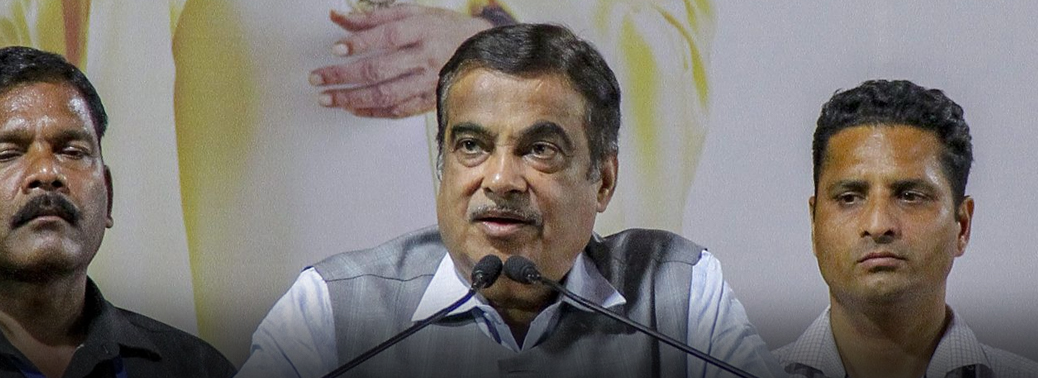MOTOR VEHICLES (AMENDMENT) BILL, 2019
18, Jul 2019

Prelims level : Governance- Policies
Mains level : GS-II- Government policies and interventions for development in various sectors and issues arising out of their design and implementation.
Why in News?
- Minister for Road Transport and Highways has been in the news as he pushes the Motor Vehicles (Amendment) Bill, 2019 in Parliament.
- The amendments proposed by the government to the existing Motor Vehicles Act of 1988 essentially focus on improving road safety.
Key elements of the Proposed Amendment:
Minimum Compensation:
- The Bill proposes to increase the minimum compensation for hit and run cases.
- In particular, in case of death, such compensation would vary from Rs 25,000 to Rs 2 Lakh. In the case of grievous injury, it would vary from Rs 12,500 to Rs 50,000.
- Beyond road safety, the Bill also increases penalties for several offences such as driving under the influence of alcohol and drugs.
Cashless treatment of victims:
- The Bill also enables the Central government to develop a scheme for cashless treatment of road accident victims during the “golden hour” (first 60 minutes following the injury during which doctors have the best chance of saving a life).
Accident Fund:
- The government’s insurance scheme is likely to be funded through a Motor Vehicle Accident Fund that the central government is expected to constitute to provide compulsory insurance cover to all road users in India.
- This fund will be available for the treatment of the injured.
Defining Good Samaritan:
- The Bill also defines a good Samaritan as a person who renders emergency medical or non-medical assistance to a victim at the scene of an accident.
- However, to be seen as one, such assistance must have been given in good faith, voluntarily, and without the expectation of any reward.
- If these conditions are met, such a person will not be liable for any civil or criminal action for any injury to or death of an accident victim, caused due to their negligence in assisting the victim.
National Road Safety Board:
- The Bill also proposes a National Road Safety Board which will advise the central and state governments on all aspects of road safety and traffic management.
- The Bill also enables the central government to order a recall of motor vehicles if it is found that they are defective and can cause harm to other road users or the environment.
- In case of such a recall, the manufacturers would either have to replace the faulty vehicle or pay full compensation to the customer.
Regulating Digital Intermediaries:
- The Bill also attempts to plug a policy gap that has been introduced by the emergence of shared economy concepts and technology.
- As such, it defines taxi aggregators as digital intermediaries or market places which can be used by passengers to connect with a driver for transportation purposes.
- These aggregators will be issued licenses by state, but they must also comply with the Information Technology Act, 2000.






